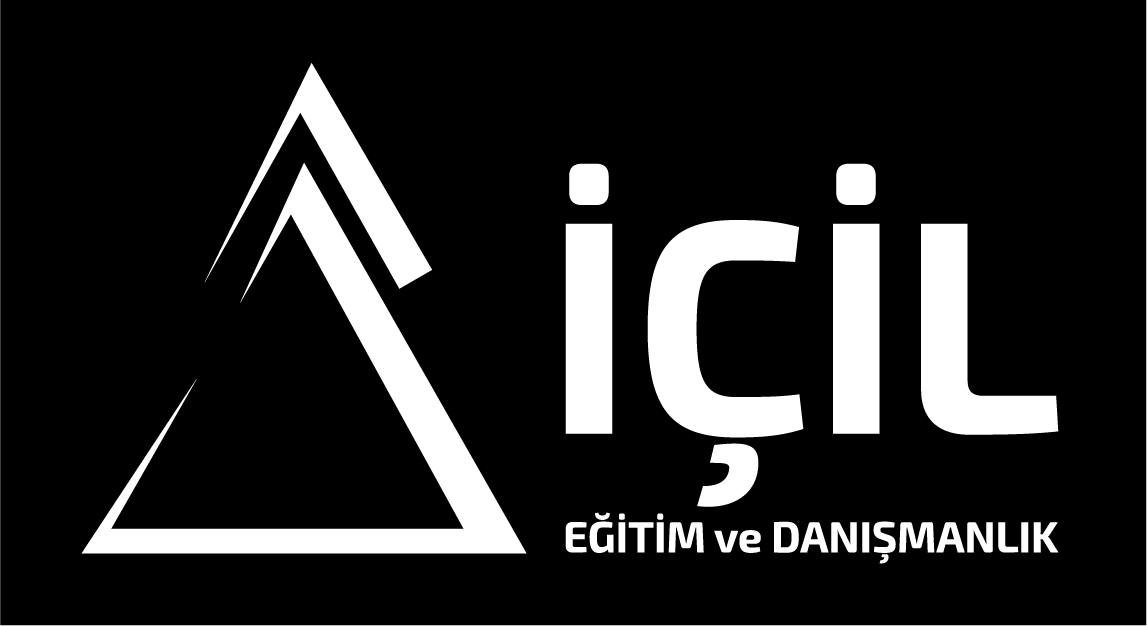Leveraging Artificial Intelligence In Marketing
In today's rapidly evolving digital landscape, businesses strive to outshine their competitors and generate a higher volume of leads. One technology that has disrupted the marketing realm is Artificial Intelligence (AI). By harnessing the power of AI-driven marketing tools, companies can revolutionize their lead generation efforts and achieve unprecedented growth. Let’s explore the impact of AI on marketing strategies and delve into how businesses can leverage AI to create more leads.
Personalized Customer Experiences
By analyzing vast amounts of customer data, AI algorithms gain insights into individual preferences, behaviors, and purchase history. Armed with this knowledge, businesses can craft tailored marketing campaigns, deliver relevant content, and engage with potential customers through the right channels and at the right time. Personalization not only captures the attention of leads but also increases the likelihood of conversions, resulting in a higher volume of qualified leads and improved sales performance.
Intelligent Chatbots
Integrating AI-powered chatbots into your lead generation strategy helps you engage with website visitors in real-time, providing instant support, answering queries, and guiding potential customers through the sales funnel. Equipped with natural language processing and machine learning capabilities, chatbots understand customer inquiries and deliver accurate responses. This round-the-clock availability and instant support ensure a seamless customer experience, leading to higher lead capture rates and increased conversion opportunities.
Automated Lead Scoring
Machine learning algorithms analyze customer data to assign scores based on the likelihood of conversion. Automating this process saves time and allows businesses to quickly identify qualified leads. Sales teams can then prioritize their efforts and engage with prospects who are most likely to convert. Automated lead scoring eliminates manual guesswork, increases efficiency, and drives better overall lead generation outcomes.
Automated Advertising Campaigns
AI-powered automated advertising campaigns enable businesses to optimize their ad targeting, bidding, and creative processes. By leveraging AI algorithms, marketers can automate the management of advertising campaigns across various platforms. Automated advertising ensures efficient budget allocation, as AI algorithms continuously optimize bids for maximum ROI. This streamlines the lead generation process by reaching potential customers with compelling ads, increasing brand visibility, and driving more qualified leads through targeted advertising strategies.
Artificial Intelligence has transformed the landscape of lead generation in marketing. By leveraging AI-powered tools and techniques, businesses can deliver personalized experiences, engage prospects with intelligent chatbots, harness predictive analytics, automate lead scoring, and enhance advertising campaigns. Embracing AI empowers businesses to generate more leads, increase conversions, and achieve sustainable growth in today's competitive marketplace.
Mustafa İÇİL

